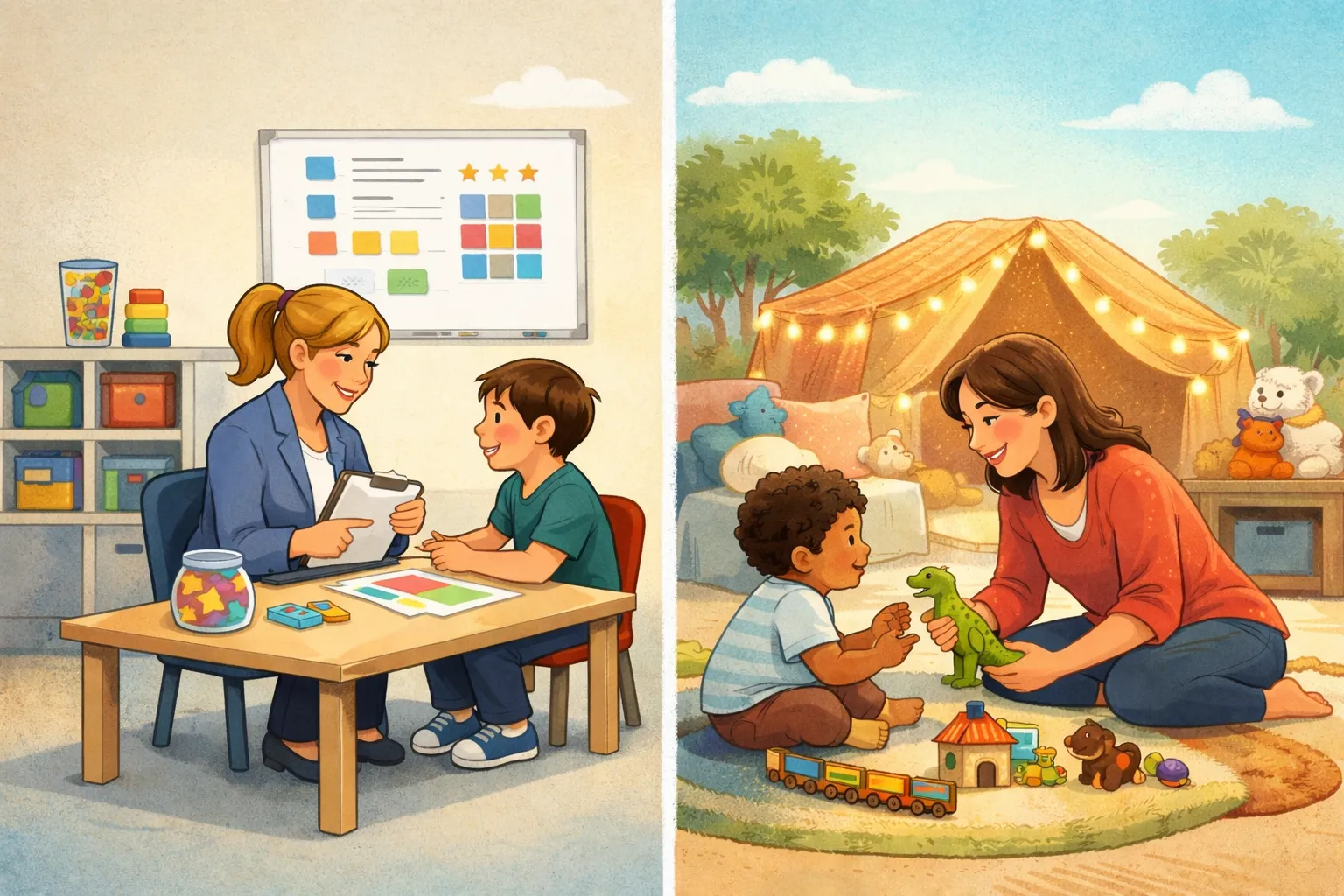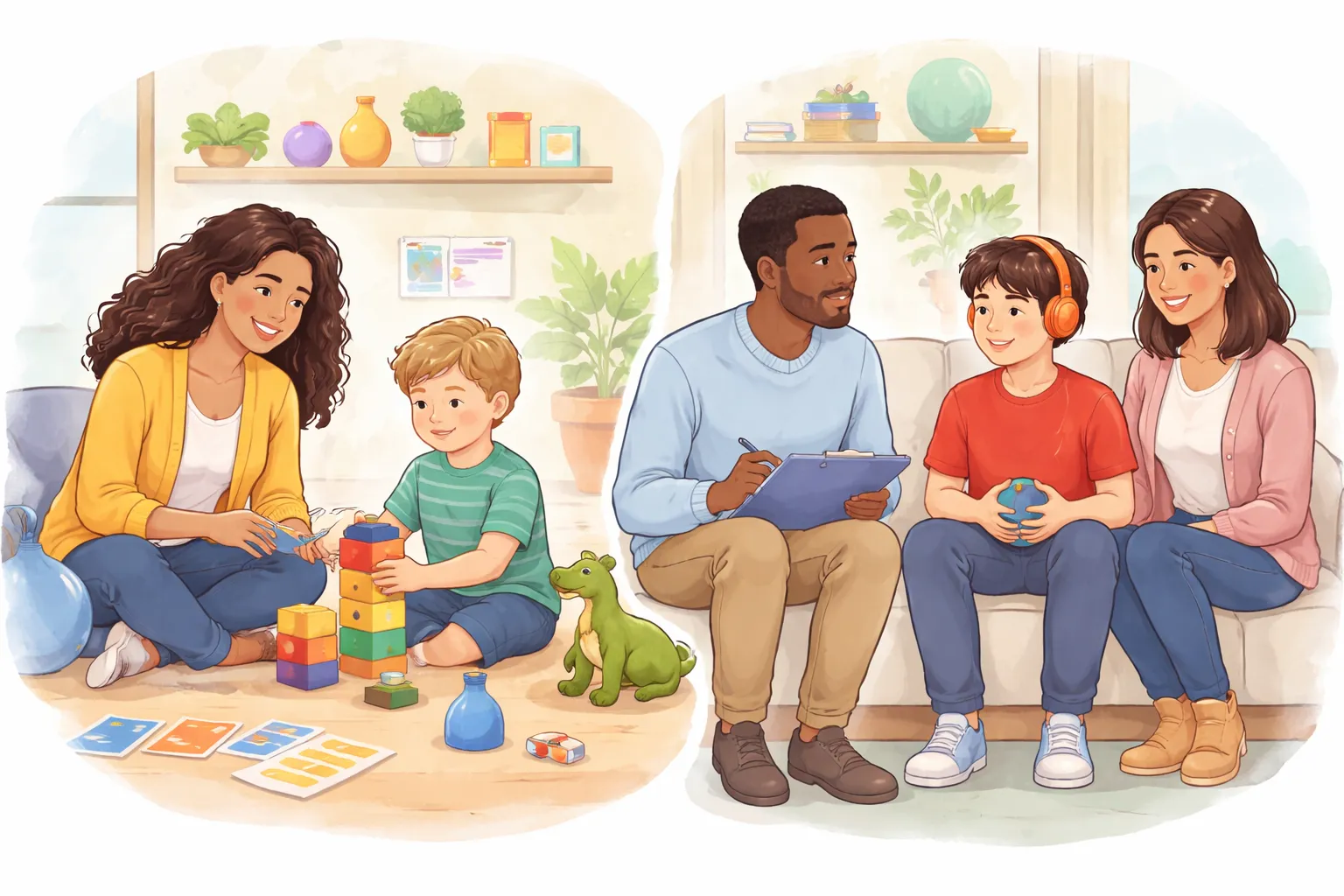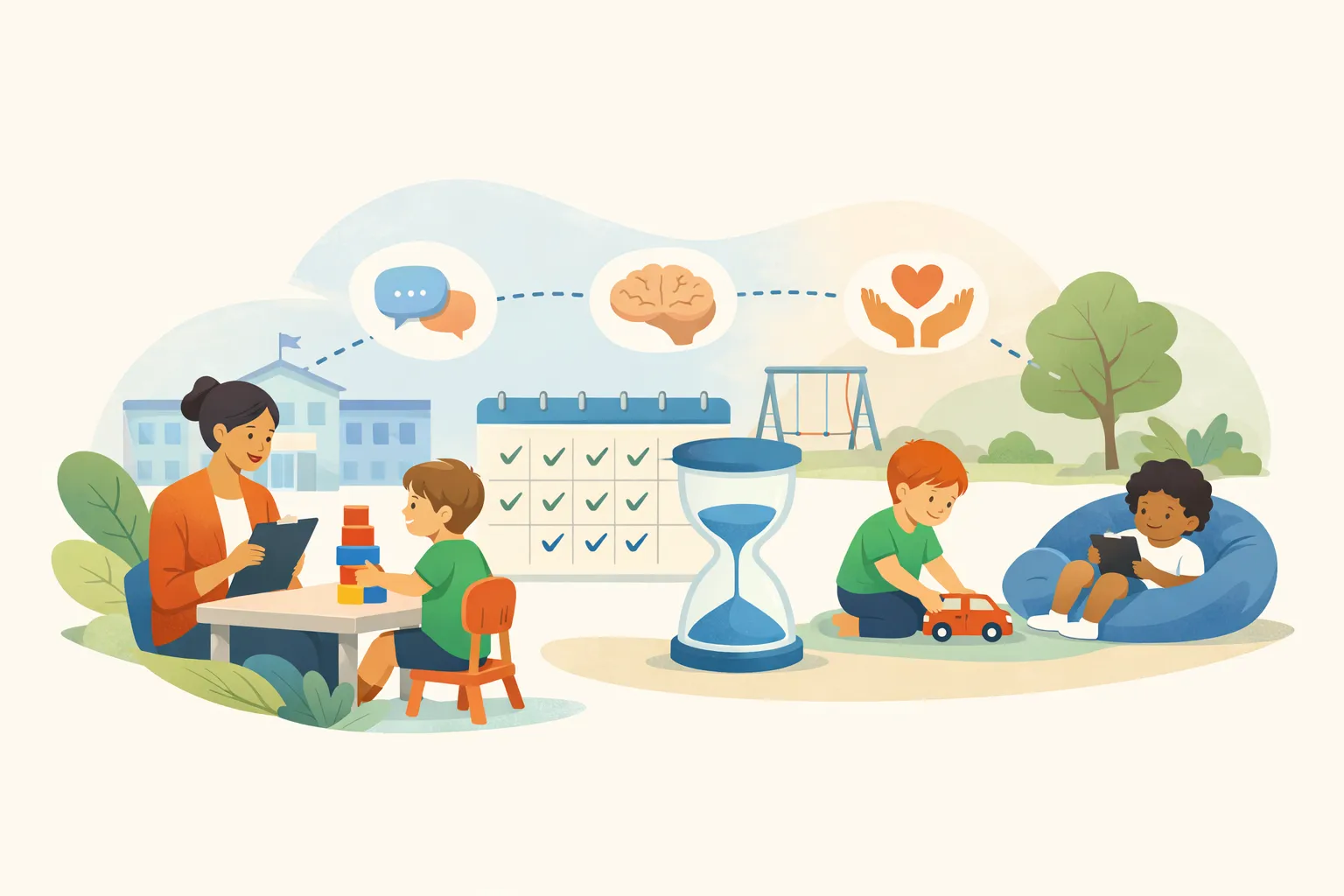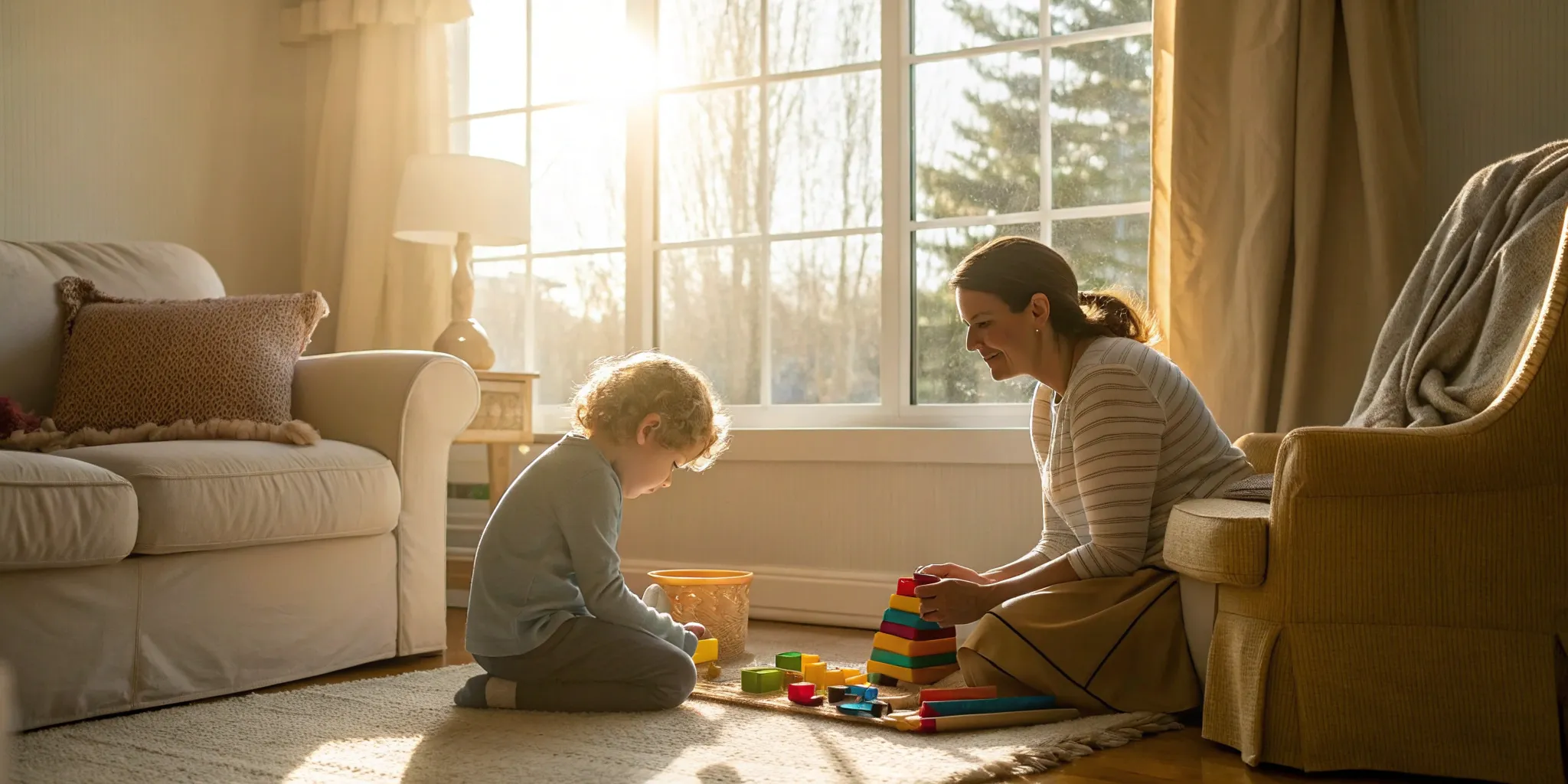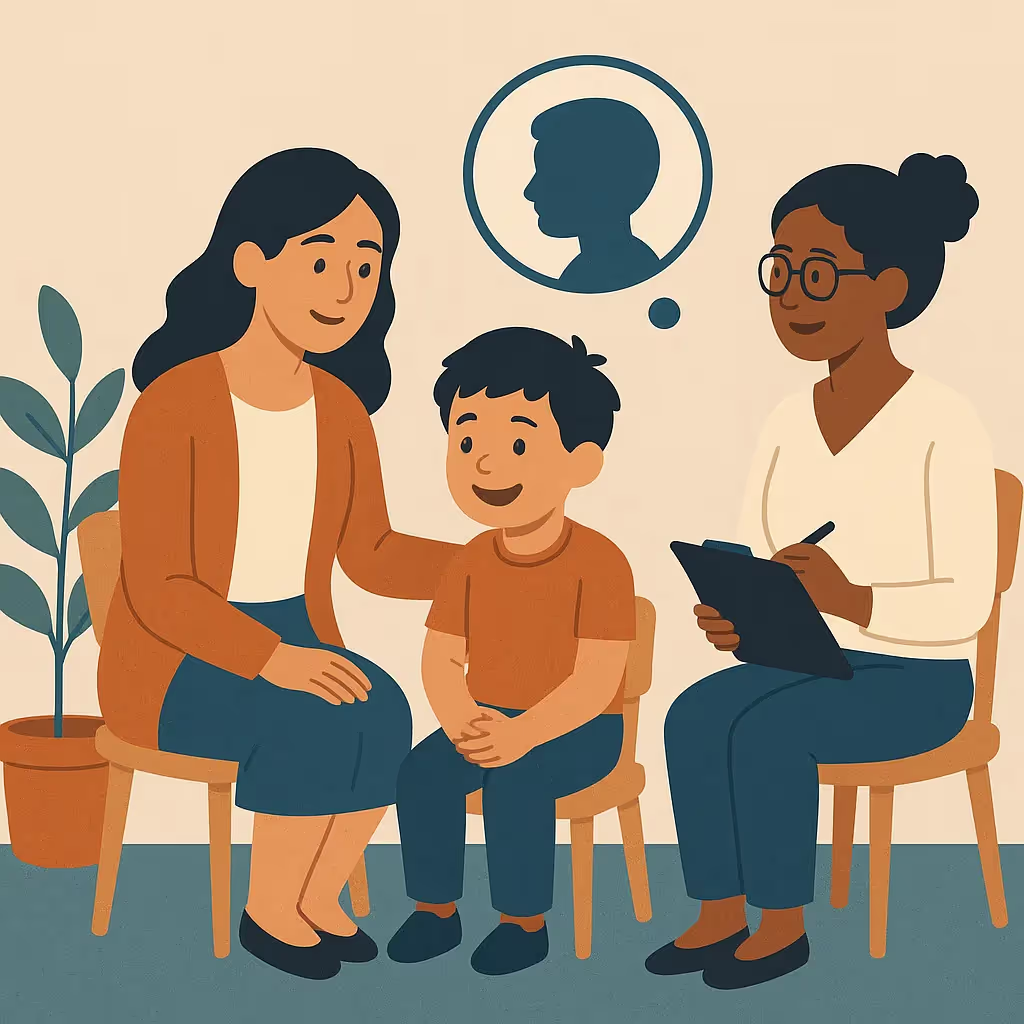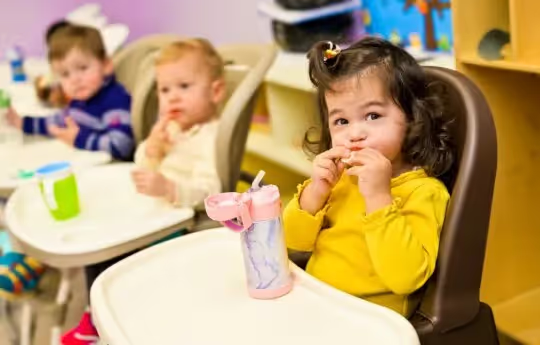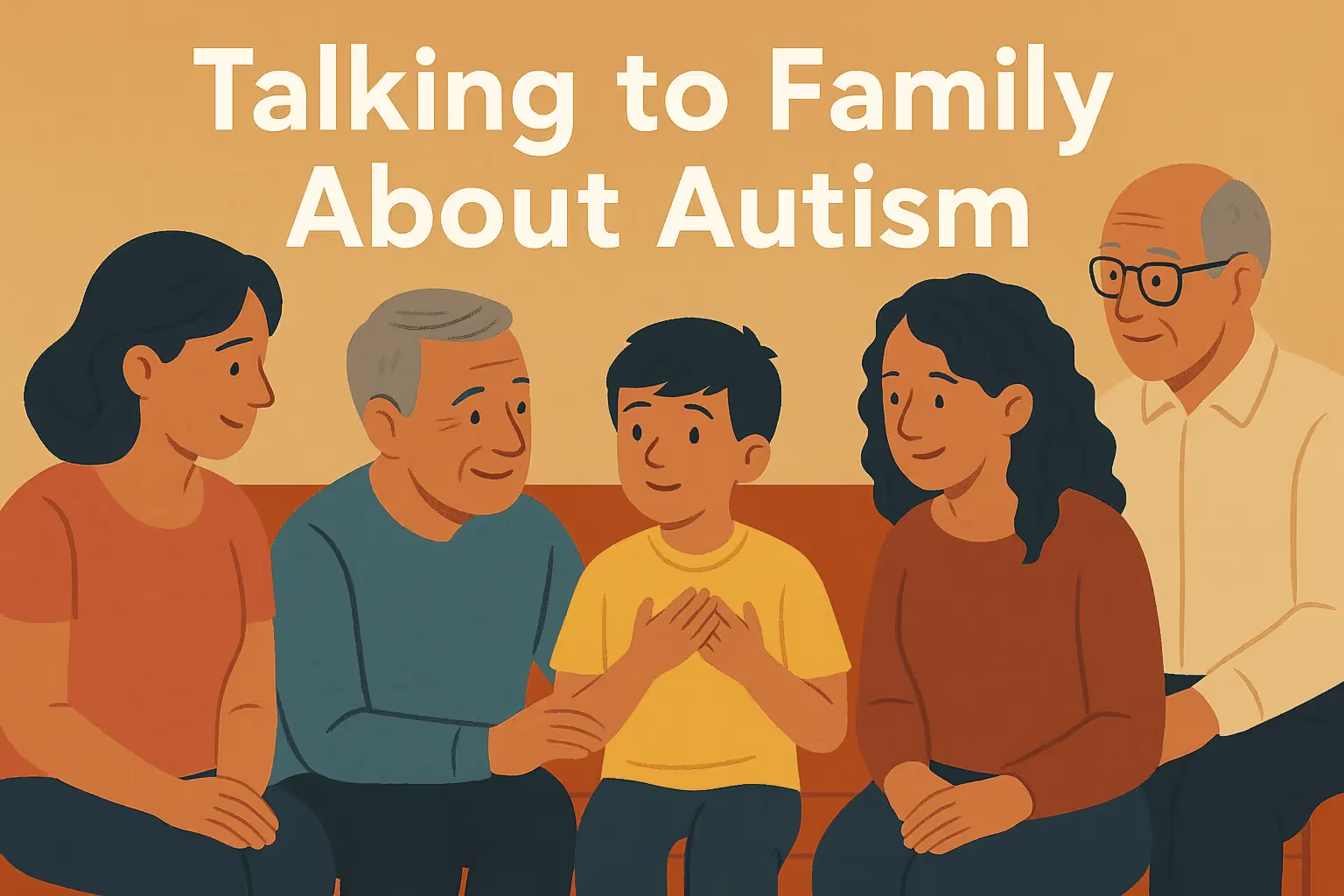Building Social Skills in the Teenage Years: How ABA Can Help

Applied Behavior Analysis (ABA) is often thought of as something for toddlers, a tool for early intervention, language development, or behavior management in very young children. But what many people don’t realize is that ABA can be just as powerful, and often even more relevant, during the teenage years.
For teens navigating new social challenges, like group dynamics, friendships, dating, and independence, ABA offers practical, flexible strategies that can help them build the confidence and skills they need to thrive.
The Teenage Years Are a Critical Window
Teenagers are not just smaller versions of their childhood selves. Their social world has grown more complex. Fitting in with peers becomes more important. Friendships shift from play-based to conversation-based. The stakes feel higher, and for teens who process social information a little differently, it can be overwhelming.
Some teens:
- Struggle to keep conversations flowing naturally
- Tend to take things literally or miss subtle social cues
- Want to fit in, but aren’t sure how to enter or exit a group interaction
- Repeat certain social patterns that can feel one-sided
- Are deeply passionate about specific interests, but aren’t always sure how to share them with peers
These challenges are common, not just for teens with autism, but also for those with ADHD, language delays, or simply a unique communication style.
The good news? It’s not too late. Social skills can be built, practiced, and strengthened in the teenage years, especially when support is tailored to meet teens where they are.
ABA Isn’t Just for Young Kids
ABA is widely known for its success as an early intervention, but the field has evolved significantly. Today, ABA providers often work with teens to:
- Build reciprocal conversation skills
- Practice flexible thinking and perspective-taking
- Navigate the unwritten rules of social groups
- Manage the ups and downs of peer relationships
- Develop real-world coping strategies for anxiety, frustration, or social setbacks
These goals aren’t achieved by drilling flashcards or rigid repetition. Modern, teen-focused ABA is dynamic, engaging, and deeply personalized.
In fact, popular shows like Love on the Spectrum have brought public attention to how ABA-based social coaching can help autistic individuals approach new experiences, like making friends or going on dates, with greater comfort and self-awareness.
ABA works because it focuses on breaking down complex social situations into manageable, teachable steps, and then reinforcing success in natural, everyday settings.
What Does ABA Look Like for Teens?
When ABA is done well with teenagers, it looks like:
- Real conversations with real people, not scripted responses.
- Incorporating the teen’s genuine interests, whether that’s gaming, sports, music, or art.
- Practicing in natural environments, like school, community events, or even virtual social spaces.
- Learning from peers, not just from adults.
It’s not about making teens “blend in” or changing who they are, it’s about giving them more tools to connect on their own terms.
For working parents, this can also be a lifeline. ABA services that happen in-school, after-school, or in familiar settings can make social coaching possible without having to rearrange work schedules or travel long distances.
Social Growth is Lifelong
Families sometimes wonder: is it too late to start working on social skills if my child is already a teenager?
Absolutely not.
The teenage years offer a fresh opportunity. Many teens want to make friends, fit in, and feel understood, they’re just looking for the right support to help them get there.
ABA can be that support.
How Alpaca Health Can Help
At Alpaca Health, we believe ABA isn’t just for toddlers. It’s for teens and young adults, too.
We help families:
- Find providers who specialize in working with teenagers on social goals
- Coordinate support in natural environments, like schools, community spaces, or even within day-to-day activities
- Navigate insurance and paperwork so families can focus on what matters most: their teen’s growth and confidence
Whether your teen is looking to build deeper friendships, feel more at ease in social groups, or simply have more success navigating the ups and downs of teenage life, ABA can help, and we’re here to make it easier to get started.
If you’re interested in exploring ABA for your teen, reach out anytime. We’d love to walk alongside you.
High Quality, Local ABA
If you are ready to partner with a local BCBA and receive the highest quality of care, reach out today!





